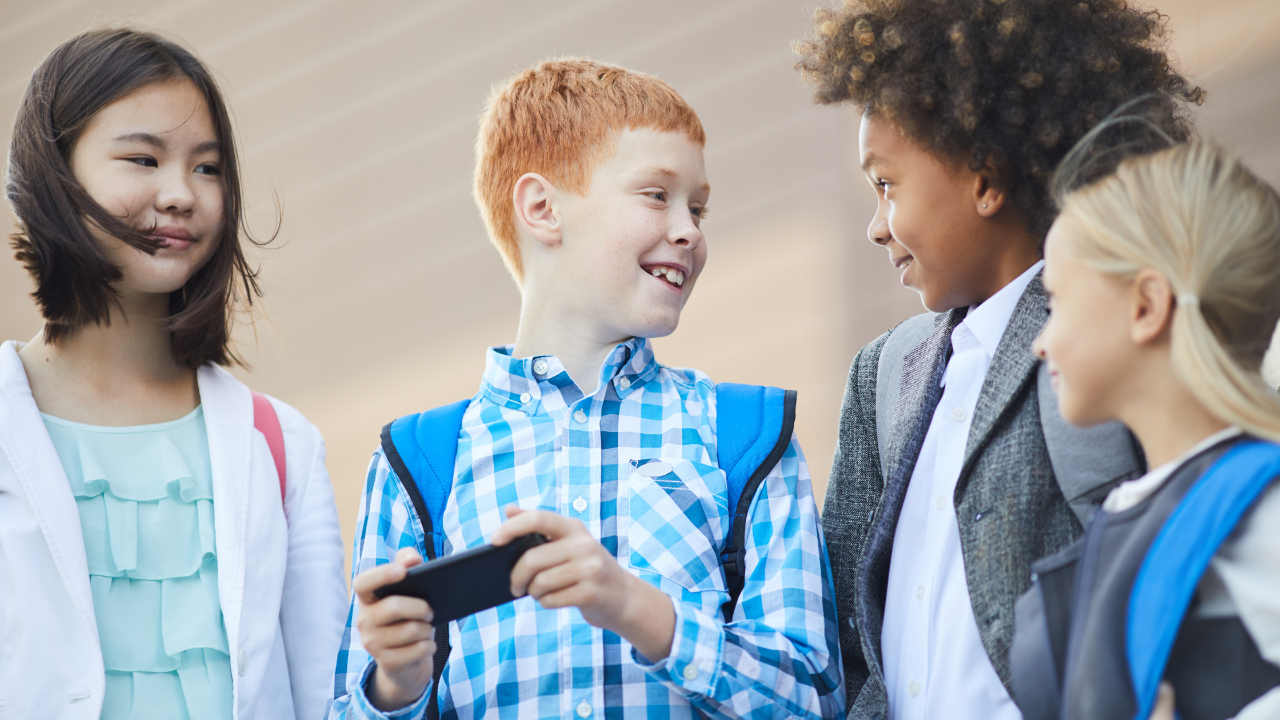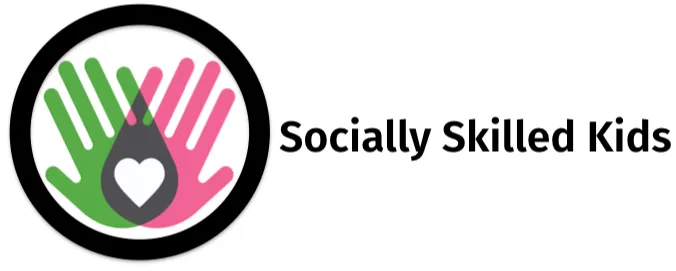Teaching Conversational Skills to Special Education Students
Jul 16, 2020
Learning how to teach conversation skills is crucial. Many young children who are typically developing find engaging in conversations to be quite easy. They have picked up on the necessary skills naturally and with informal practice over time and in their day-to-day interactions with others.
But for our kiddos with special needs, finding a more explicit approach is a good idea. Some of the best ways of teaching conversational skills often breaking down into small, manageable steps. Each of those steps may need to be explicitly taught, practiced, re-taught practiced in multiple environments, and so on.
Before we talk about how to teach conversation skills, let’s talk about why conversation skills are one of the most important skills to teach.
Our students need to be able to engage appropriately in conversations, to have successful social interactions. However, this is not a quick and easy skill to teach, as there are many variables to consider.
Within the context of social interaction, we have many different types of conversations; from formal to informal, chit chat to deep conversations.
We have conversations that are with people we know well and conversations with people we do not know well.
We have conversations that are the only thing we are focused on, and conversations while doing something else; like walking down the hall or working on a school project.
The tricky part for our kiddos with special needs, is that each of these types of conversations require different or at least a somewhat different set of skills.
So for our kiddos, this usually means A LOT of extra {explicit} learning.

Why Learn How to Teach Conversation Skills?
Because conversations are a big part of our social experience.
The ability to engage in conversations impacts our friendships, relationships with siblings, parents, teachers and the community.
Excellent communication skills helps us to make and maintain friendships and positive relationships, get along with others and perform well on school projects and on sports teams.
Poor communication skills, likewise, cause our students to have difficulty making and maintaining friendships, have negative and/or challenging relationships with others, and have difficulty working collaboratively with groups on school projects or on sports teams.

What Are The Specific Skills Within Conversational Skills?
Conversational skills are many! Here are the Four Components of a conversation and the corresponding social skills needed to engage in each:
1. Joining a Conversation {joining a conversion already in progress}
>Key Skills Required: Perspective Taking {knowing when to start talking, the ability to figure out, understand and stay on topic}, Personal Space, Reading Body Language and Reading Facial Expressions
2. Starting a Conversation
>Key Skills Required: Having a Topic, Having a Starter Phrase/Question, Personal Space, Perspective Taking, Eye Contact
3. Maintaining a Conversation
>Key Skills Required: Eye Contact and Body Orientation, Voice Volume and Tone, Turn Taking, Responding To Others, Handling Interruptions and Making Clarifications/Corrections, Appropriate Comment, and Understanding Non-Verbal Communication {facial expressions and body language}.
Need Help Teaching Non-Verbal Communication? Try this I Have / Who Has gestures game

Grab This Activity And Much More!
Simply enter your name and email address in the form below and you’ll have immediate access to this digital download as a fun way to teach converastion skills. By completing the form, you’ll also be joining thousands of like-minded teachers who have already signed up for my free club, The Teacher’s Lounge.This is a 100% free club where you get awesome social skills resources delivered straight to your in-box each week!These resources include my monthly Tips & Tricks newsletter {for a particular social skill each month}, as well as a variety of posters, visuals, games and activities designed to support the identified social skill.I Have Who Has Gestures Freebie!
Enter your name & email to download now!
4. Ending a Conversation
>Key Skills Required: Salutations, Perspective Taking
But before our kiddos can do any of that, they need to possess some prerequisite social skills.
I think of it kind of like real estate.
Location, Location, Location!
How you stand, where you look, as you are talking and active listening, and where your brain is at {what you are thinking about}, is key to a good conversation.
Many of our kiddos need explicit teaching to know:
- How close/far away to stand to the conversational partner(s)
- Where to look as they are talking/listening
- Where to look as they are responding/asking thoughtful questions
- How and why to keep their brain focused on the topic
I hope you find this information helpful for helping your students communicate in a more effective way. Stay tuned for next week’s post for more great tips, resources and freebies!
Thanks So Much and Happy Teaching!
Cindy ~Socially Skilled Kids
Would you like to receive specially designed, creative and interactive FREE teaching resources?
Join us in the Teacher’s Lounge!

